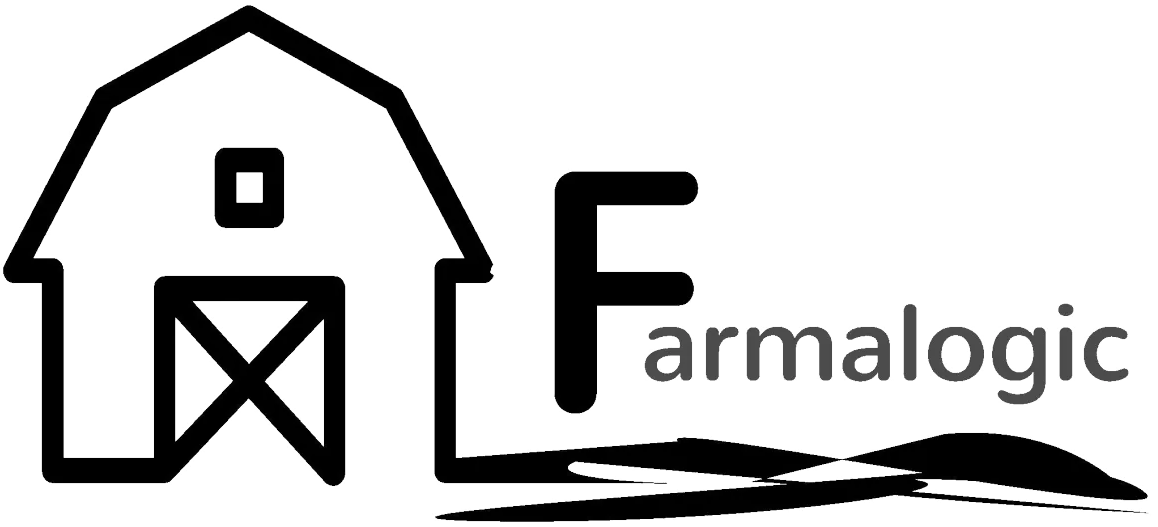Starting your horse under saddle is an exciting and important milestone in their training journey. As you transition your horse from an unridden state to a trained riding partner, it’s crucial to pay close attention to their nutritional needs.
Correct feeding during this period can have a significant impact on your horse’s physical health, mental well-being, and overall success in adapting to their new role.
1. Gradual Transition
Just as the process of starting a horse’s training requires patience and gradual progression, so does their dietary transition. Abrupt changes in diet can lead to digestive upsets and stress, which can be especially detrimental during a time when your horse is already adapting to new routines and expectations.
If your horse is sent away to a trainer to begin their ridden journey, try to ensure they are fed a diet like the one they were accustomed to at home. Can you provide feeds to be given at the training facility?
When feed changes are needed, gradually introduce any new hard feeds over a 7 to 10 day period. In the weeks before your horse goes away, ask the trainer what they feed so you can begin this transition at home before sending the horse to the trainer.
Moving to a trainer’s yard, beginning harder work, being transported, beginning competitions and sudden changes of feed put stress on the young horse’s body causing negative impacts on the digestive tract and beneficial gut flora. Gut health supplements containing pre- and probioitics with protected live yeast have been shown to reduce the physiological signs of stress and maintain gastric comfort. Probiotics and vitamin B supplements can help restore appetite in horses experiencing stress and anxiety in a new environment.
Since they might be spending more energy during their training sessions, newly started horses often need increased amounts of hard feed to meet their increased caloric needs. When you bring your horse home and begin riding yourself, remember to reduce the amount of hard feed given if you’re not working the horse as frequently or as hard as the trainer.
2. Quality Forage
Forage should always be the foundation of a horse’s diet, providing essential fibre and nutrients for healthy digestion. Since most horses move into smaller paddocks or yards during their training, providing free choice access to grass or meadow hay helps keep young horses settled and maintains good gut health.
Many horses are still growing when they begin life under saddle, and and good quality forage helps provide them with the protein their developing bodies require.
Lucerne hay can be beneficial during training, especially if the meadow hay fed does not contain clover. It provides a source of essential limiting amino acids (such as lysine) to help the body recover from unaccustomed work and build strong muscles. Lucerne hay fed just before work also helps to buffer stomach acid and reduces the risk of squamous (acid splash) gastric ulcers.
Lucerne hay should not exceed 30% of the horse’s total daily intake.
3. Balanced Nutrition
In addition to forage, your horse will require a balanced hard feed and supplements to meet his or her nutritional requirements. It is important to provide the necessary vitamins, minerals, and energy to support their overall health and development. The Equine Vit&Min range is scientifically formulated to top up and balance your horse’s diet.
Since they are often hay-reliant, horses beginning their ridden life should be supplemented with omega-3 fatty acids which have a general anti-inflammatory effect and immune system regulation. EVM Omega-3 Plus and Farmalogic Omega Balancer provide a stable form of marine-sourced omega-3s which are even more potent and effective than linseeds or linseed/flax oils due to the DHA/EPA content.
Use our FREE horse diet analysis service to consult with a qualified equine nutritionist to determine the best type and amount of feed for your horse’s specific needs. Factors such as age, breed, activity level, and individual metabolism should all be taken into consideration.
4. Protein
Protein is essential for muscle development and repair, making it particularly important during the early stages of training when your horse is building new muscle mass. However, avoid overloading your horse with excessive protein, as this can lead to imbalances and potential health issues. Choose feeds with a moderate protein content and ensure that the overall diet is well-balanced.
5. Hydration and Electrolyte Balance
Proper hydration is crucial for your horse’s overall health, especially during training. Ensure your horse always has access to fresh and clean water. Some horses are fussy about drinking water that tastes different. Fussy drinkers can be trained to accept water away from home with the addition of a small amount of molasses or cordial as they transition on to the trainer’s water supply.
Sweating during workouts can lead to dehydration, so provide electrolyte supplements to replace lost minerals and encourage water consumption.
Farmalogic Replenish Electrolytes are scientifically formulated to replace the electrolytes lost in sweat and give a boost of leucine to ‘switch on’ normal muscle repair mechanisms following exercise.
6. Monitor Body Condition
As your horse goes through the breaking-in process, keep a close eye on their body condition. Rapid weight loss or gain can indicate that your horse’s diet needs adjustment. Work with an equine nutritionist to evaluate your horse’s body condition score and determine whether any dietary changes are necessary.
Conclusion
The early weeks and months of riding are crucial for establishing a strong foundation for your young horse’s future as a riding partner. Proper nutrition plays a pivotal role in both physical and mental development during this phase.
By focusing on gradual transitions, high-quality forage, balanced nutrition, and gut health, you can provide your newly broken-in horse with the best chance of success and overall well-being. Remember that each horse is unique, so it is well worth consulting with a professional equine nutritionist to create a balanced feeding plan that suits your individual horse’s needs.



